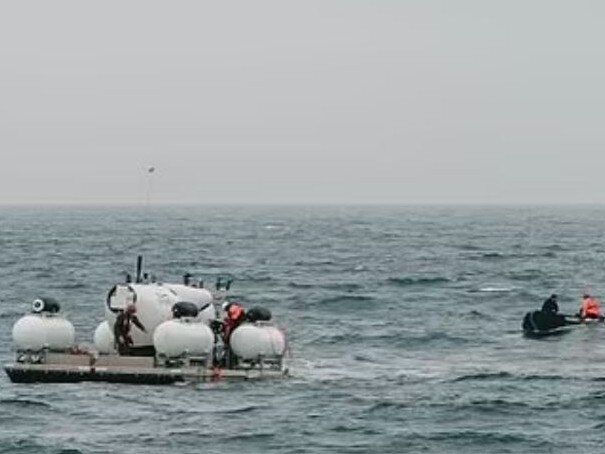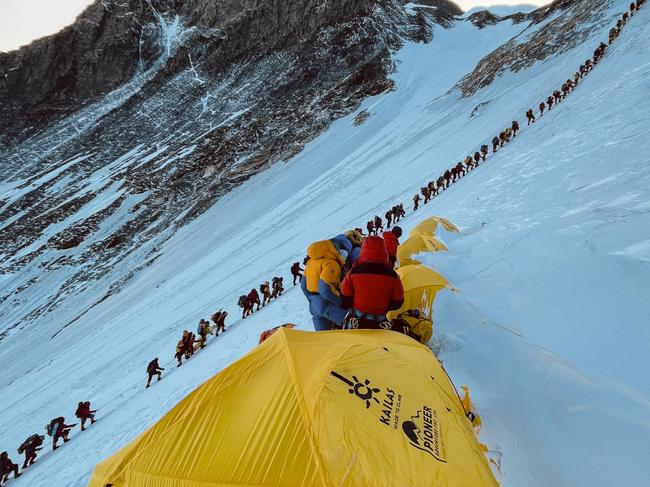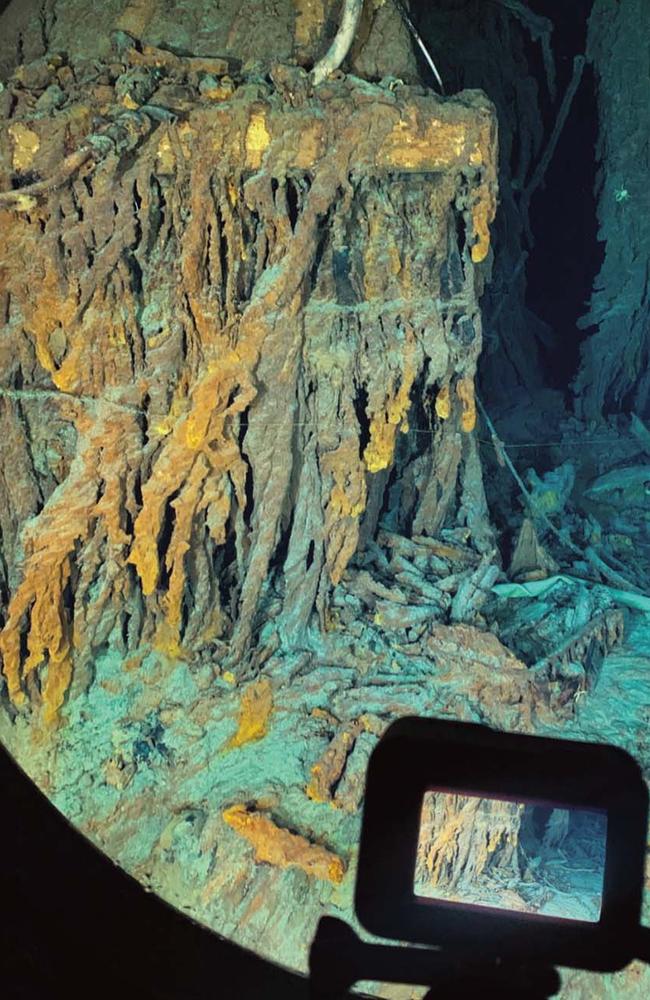Kerry Parnell: Extreme adventure still the future of travel despite disaster
Will the Titan’s doomed mission which claimed five more souls in a watery grace dim the appetite for extreme tourism or is the new adventure the move to go slow?
Opinion
Don't miss out on the headlines from Opinion. Followed categories will be added to My News.
Is this the end of adventure tourism? Probably not.
We have followed in horror the catastrophic journey of OceanGate’s Titan sub and the truly dreadful outcome of what should have been the trip of a lifetime.
On Thursday night it was revealed all aboard the Titan had perished, as they journeyed to the Titanic site, the ghostly ship claiming five more souls to its watery grave.
The question is, whether this will stop extreme tourists wanting to do things like travel to the bottom of the ocean?
The answer is most likely not. According to Next Move Strategy Consulting, the global adventure travel market is set to boom to USD $2,824 billion by 2030, as travellers seek more and more extreme experiences.

If you have the cash you can do anything and go anywhere now – climb Everest, cruise to the Antarctic, trek to the South Pole, journey to the bottom of the ocean and soon enough, into space.
Thanks to social media, there’s barely a spot left on Earth which hasn’t been snapped by an Instagrammer, causing a flood of others to seek out the same frame.

Such is the ease we can travel around the world, there are huge queues at historic sites all over the globe.
Once it was a major feat to climb Machu Picchu, now it attracts 1.5 million visitors a year. And when you are lining up to get to the summit of Everest, you know there’s a problem.
Where in the past you could go “off the beaten track”, now there are not many places that haven’t already been flattened by the travel-hordes.

It sparked an industry around adventure travel – where those with the means seek out unique destinations and experiences. Wunderman Thompson tipped underwater travel as one of the biggest trends of the year in its 2023 Future 100 Trends Report.
“As the travel industry continues to stabilise post-lockdowns, people are still looking for once-in-a-lifetime travel experiences and they’re venturing into the unknown to get them,” it stated.
I totally understand the thrill of doing something adventurous and the desire to find the next big thing.
But I wonder whether the answer might also be to slow down.
Interestingly, adventure travel is being counterbalanced by the re-emergence of slow travel.
This trend began before the pandemic and is back, aided by the rising cost of living, meaning people are looking to go away less often, but for longer.
Slow travel means enjoying a destination like a local – spending time somewhere to really get to know it.
And you know what is truly unique; something only you experience?
Turn your phone off and see. Don’t experience things through your phone’s camera, put it away and take your time to properly look around – up at the sky, down at the ground.
That’s when you notice things nobody else does and make memories all of your own.
Go off-grid without following Google Maps; see beautiful sights without making a reel; go away for weeks without being contactable and discover the true magic of switching off, in all its senses.
That’s adventure travel.





